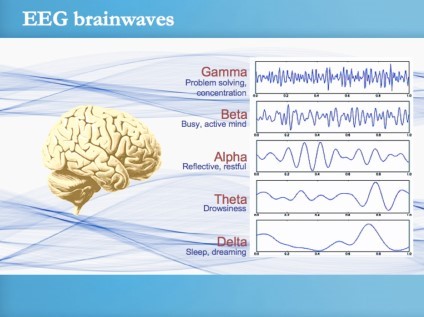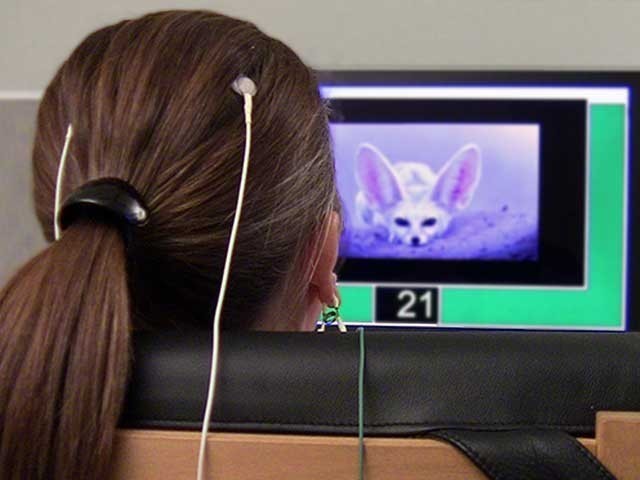NEUROFEEDBACK CLINIC
Working Time
- Mon-Sat 8:00am – 5:00pm
Contact Info
-
Phone: +234 803 345 1351
Ask the Experts
Neurofeedback is a way to quantify and train brainwave activities. The advances in the combination of brain science and computer technology have brought the benefits of neurofeedback out of research laboratories and into practical and effective clinical treatment. Today, many clients who have not responded to traditional counselling and/or medication can expect meaningful improvement in cognitive, emotional, behavioural and physiological functioning with Neurofeedback therapy.
What is Neurofeedback?

Neurofeedback is an effective non-drug, non-invasive training for the brain. The brain needs healthy fast- and slow-moving brainwave activity to function at its best. Neurofeedback, a form of biofeedback, works to change the electrical activity of the brain. It is a non-invasive treatment that works toward improving the source of unwanted symptoms. Brain waves are the rhythmic electrical impulses generated when the millions of neurons inside the brain communicate with each other. Brain waves can reveal important information about the overall brain function, including stress levels, thought patterns, and emotions. The major brainwave frequencies of the brain include delta, theta, alpha, beta, and gamma.
What to expect during Neurofeedback evaluation and therapy?

The purpose for Neurofeedback evaluation is to know the part of the brain that is deficient and needs training/treatment. During the evaluation, the data taken from the brain gives an idea of the level of deficiency and injury to the different part of the brain when analyzed. This information is what guides the treatment/training plan to bring wellness to you. For instance, the parietal lobes is responsible for Dyscalculia (severe difficulty in making arithmetical calculations), so if P3, Pz and P4 are trained; problem solving, math, complex grammar, attention, association, spatial awareness and geometry skills will be developed. This goes for all the other aspects of the brain when evaluated and treated.
What Are The Benefits of Neurofeedback?
Neurofeedback provides numerous benefits. For people with behavioural issues, it can play an important role in building up a person’s confidence and belief that they can change. In terms of emotional stress and anxiety, it helps retrain the brain to respond more positively to stimuli that produces distressing emotions. In addition, it helps high achievers reach peak performance by optimizing brain function.
In particular, patients have reported enhanced memory and focus, decreased impulsivity and anxiety, better mental clarity, more restful sleep, improved mood, and a host of other benefits after using Neurofeedback.
Who Can Benefit From Neurofeedback?
Children and adults of all ages may find Neurofeedback helpful, whether it is used as solo therapy or as part of a comprehensive treatment plan. Neurofeedback can help boost focus and overall brain health not only in psychiatric patients but also in anyone who wants a natural way to optimize their brain. Neurofeedback helps you gain control of your brain waves through self-regulation, so you can achieve the desired brain state; whether the goal is to maintain concentration or to achieve a more relaxed state. The ability to achieve and maintain a certain state is key to optimizing your behaviour and emotional health. It is also used as a method to enhance athletic or musical performance and to promote peak performance in the workplace. Neurofeedback has been used successfully to improve many conditions including, but not limited to:
ADD/ADHD
Addictions
Anxiety
Autism spectrum disorder
Behavioural disorders
Bipolar disorder
Chronic pain
Depression
Headaches
Memory problems
Pain management
PTSD
Schizophrenia
Sleep problems
Traumatic brain injury/concussions
How does Neurofeedback work?
Neurofeedback takes advantage of the brain’s amazing ability to change itself. This ability is known as “neuroplasticity.” It’s the way learning takes place. For example, neuroplasticity is what allows you to become better at a sport with practice or to develop a new habit over time.
Research has shown that throughout life the brain continues to adapt and adjust as it confronts new experiences, fresh knowledge and varying sensory input. The result is that with life experience, different neurons fire, synapses grow, and the brain remaps itself. Over time Neurofeedback helps create different patterns and structures which are more conducive to contentment and a peaceful mind. With practice and training, these patterns can produce a new way of life. This capacity for change continues well into old age.
This is encouraging news for those suffering from disorders caused by poorly functioning brain patterns such as autism, learning difficulties, behavioural disorders, ADD/ADHD, anxiety, depression, insomnia, chronic pain but to mention a few.
